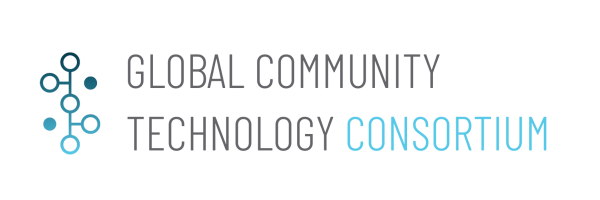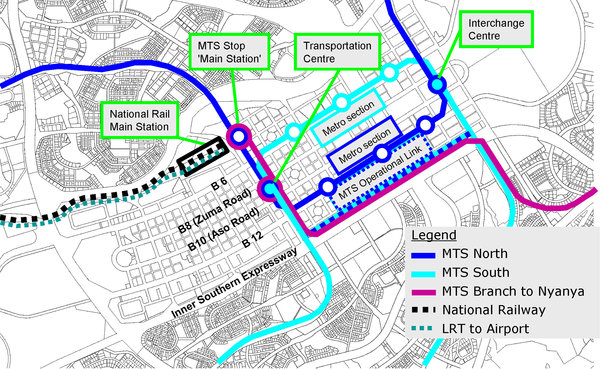Abuja City Integrated Transportation System
Jump to navigation
Jump to search
| Abuja City Integrated Transportation System | |
|---|---|

| |
 Abuja City | |
| Team Organizations | NITDA |
| Team Leaders | Bernard Weich |
| Participating Municipalities | Abuja City Nigeria |
| Status | Concept only Stage |
| Document | None |
Description
Sustainable Mass Abuja Rapid Transit (SMART) is an easier, efficient and seamless means of utilizing the city’s public mass transit bus service. Abuja Urban Mass Transit has over 500 buses conveying an estimated 1000 passengers daily. The proposed project will equip 100 buses with devices to generate and transmit real time data and information between drivers, commuters, city transport officials and the general public. The project targets increased ridership and revenue generation from the combination of multiple methods of electronic payments, bus routing, location tracking as well as online bus schedule service.
Challenges
- It is difficult to Track the physical location of the Buses.
- Provision of instant ticketing for more effective payment collection
- It is difficult to collect data (such as passenger counts).
- Lack Capacity and manpower on maintenance and simple troubleshooting of installed systems
- Bus routes poorly connected as a result of which efficiency is not measurable
Solutions
Major Requirements
- Feasibility studies (needs assessment) and planning
- Implementation:
- Deploy automatic payment system on the bus
- Install tracking device and camera for transit control
- Develop ASUMTS Live suite tool (web portal and mobile app)
- Install passenger counter device.
- Install Automated stop announcement
- Testing
- Commissioning
- Capacity Building
Performance Targets
| Key Performance Indicators (KPIs) | Measurement Methods |
|---|---|
|
|
Standards, Replicability, Scalability, and Sustainability
- Standards and guidelines on road usage
- Standards and guidelines on software deployment
- Guidelines on Data Protection
- Standards and guidelines on environmental protection
- Development of Urban Mass Transit Framework
- Adoption of Public Private Partnership (PPP) Model
- Better Incentives
Cybersecurity and Privacy
Impacts
- Job Creation (100 – 500 direct and indirect estimated)
- Wealth Creation (new business would be established)
- Increase revenue collection for FCTA (about 5million)
- Increase economic activities
- Reduce traffic congestions
- Reduce Carbon (CO2) emission
- Reduce accident
- Improve public transit reliability, accessibility, predictability and safety.
- Improve collection of data (such as passenger counts) that assists transit planners when designing service are made possible.
- Provide information to customers in real-time.
- Enhanced security and emergency response.
Demonstration/Deployment
Phase I Pilot:
- Feasibility and Planning and deployment
- Implementation
Phase II Deployment:
- Testing
- Commissioning
- Capacity Building